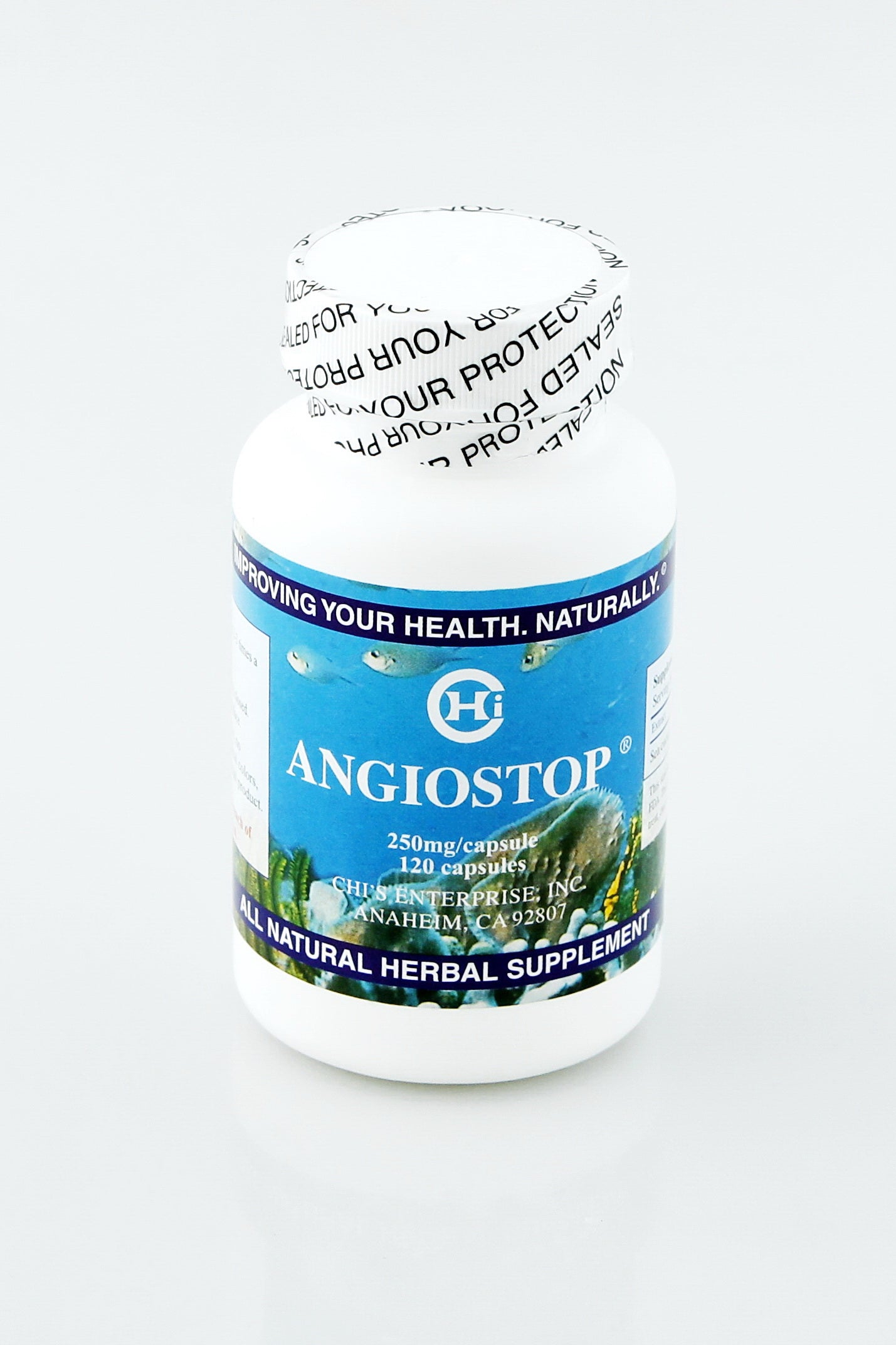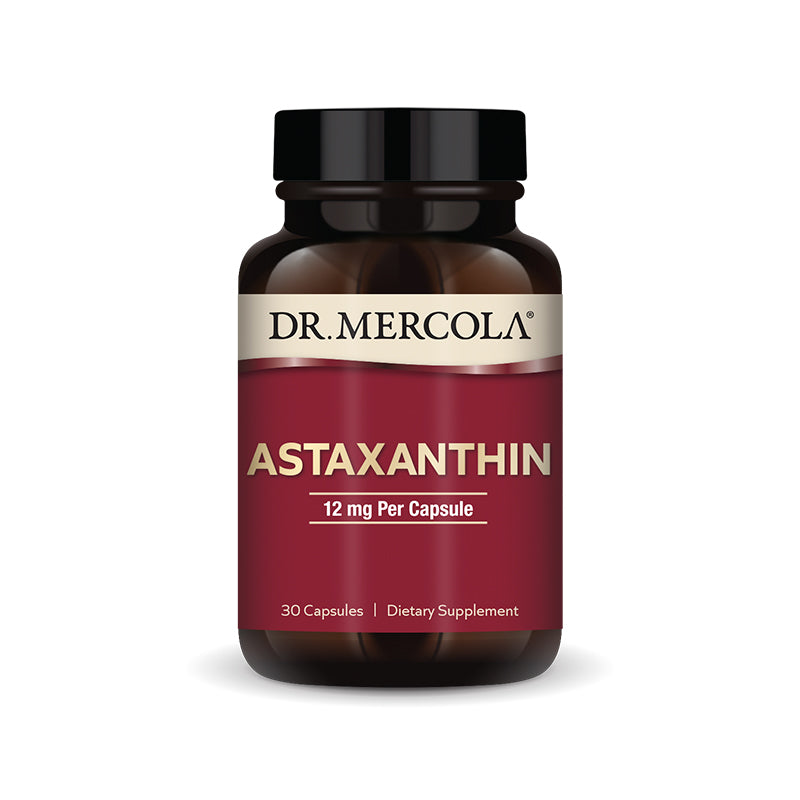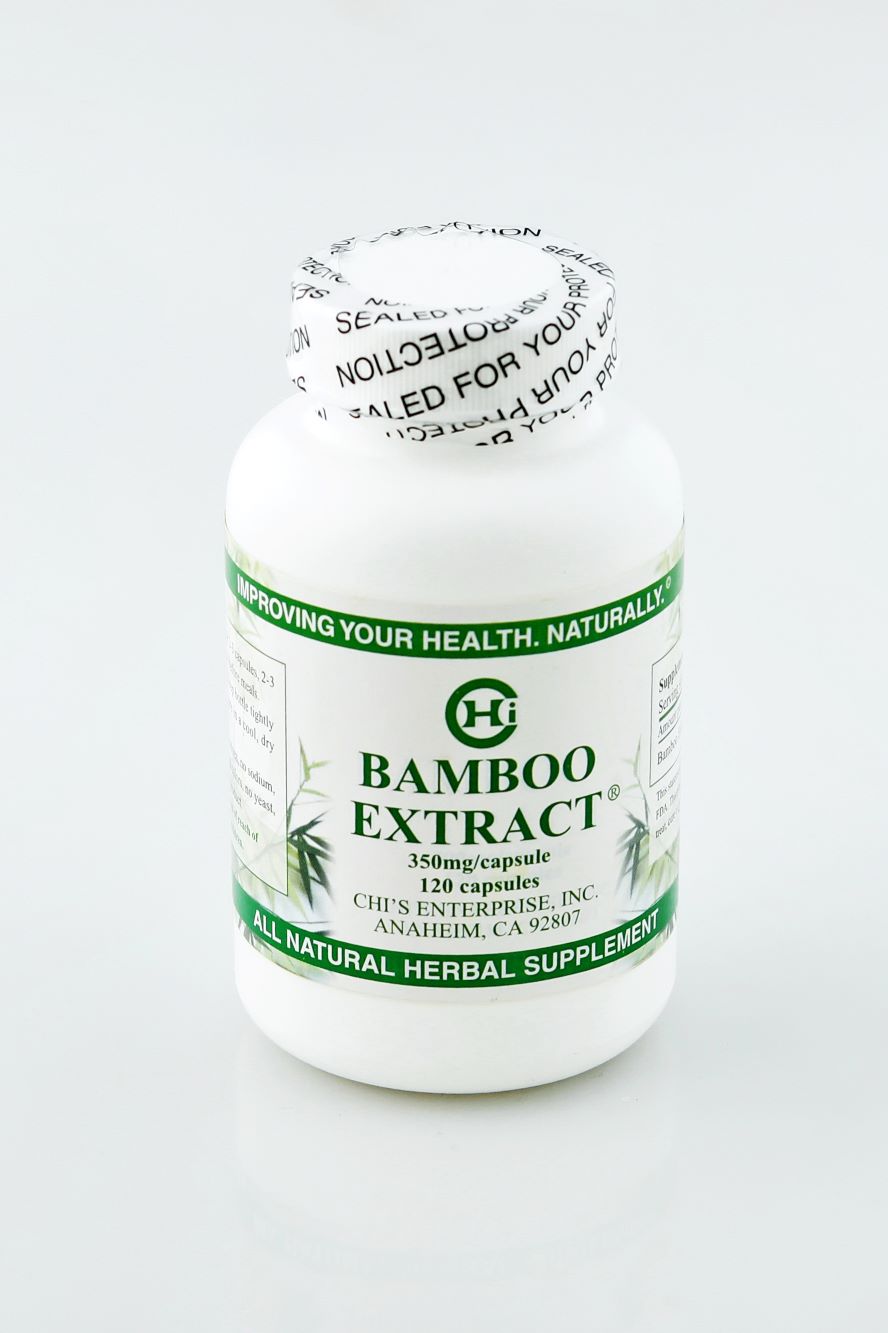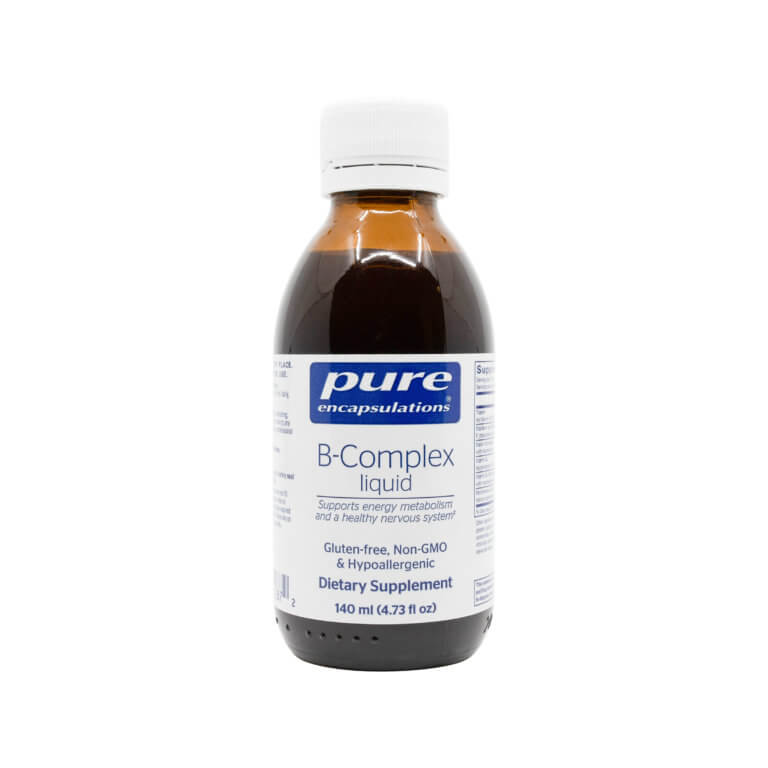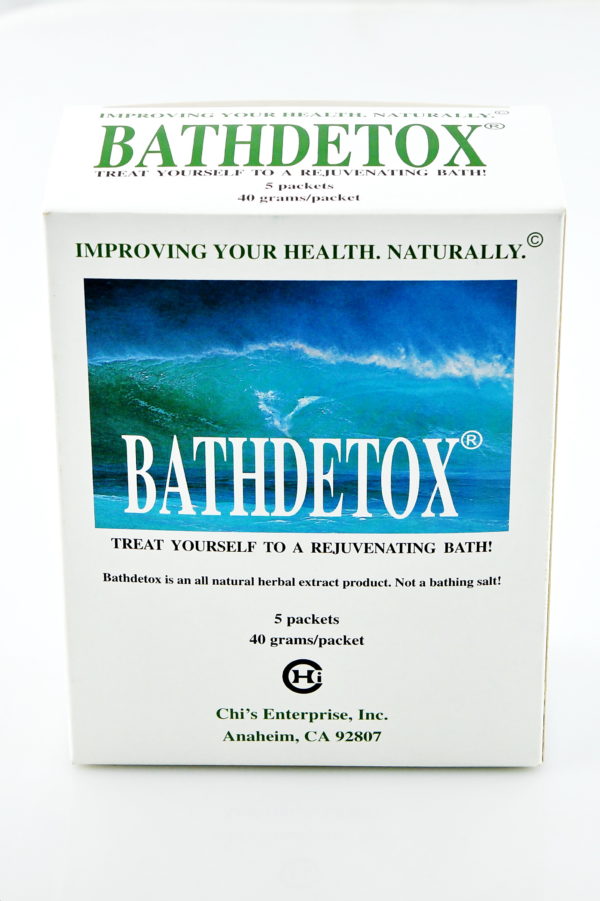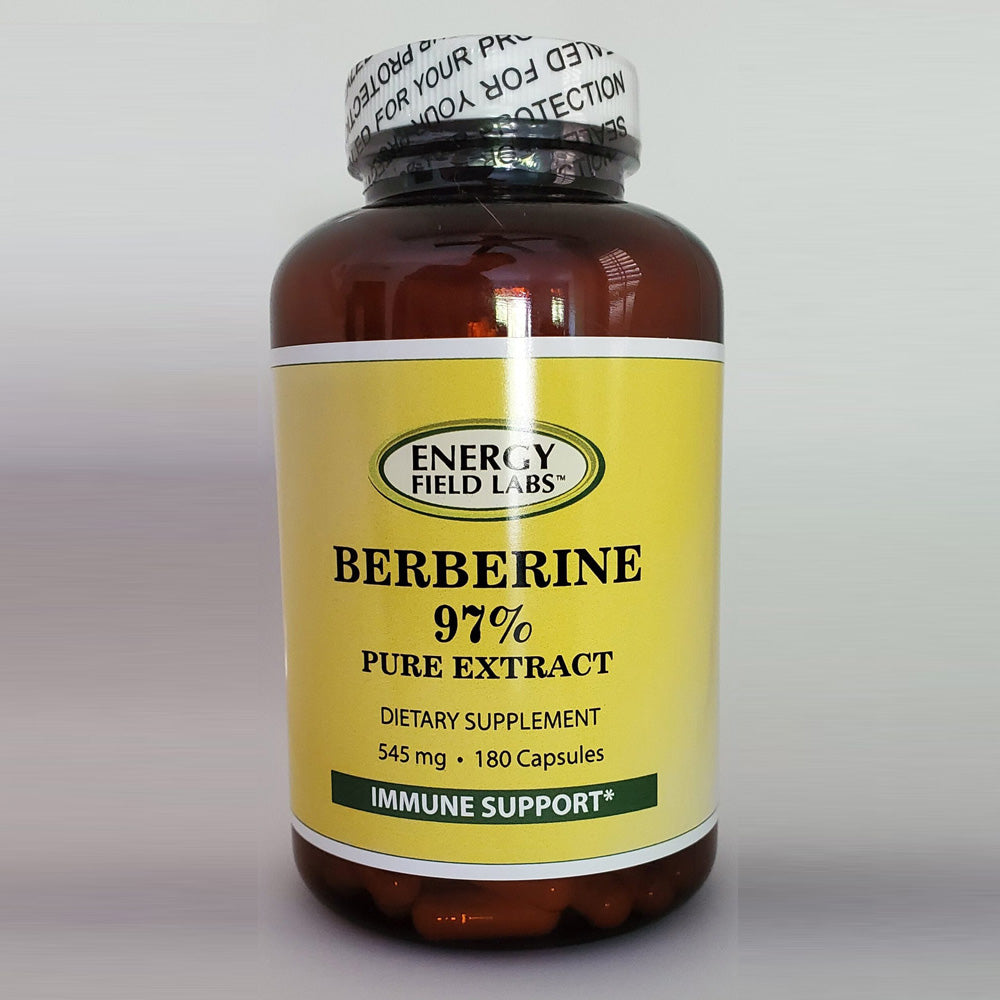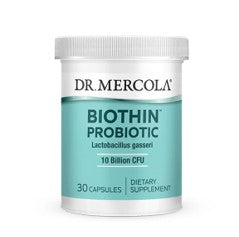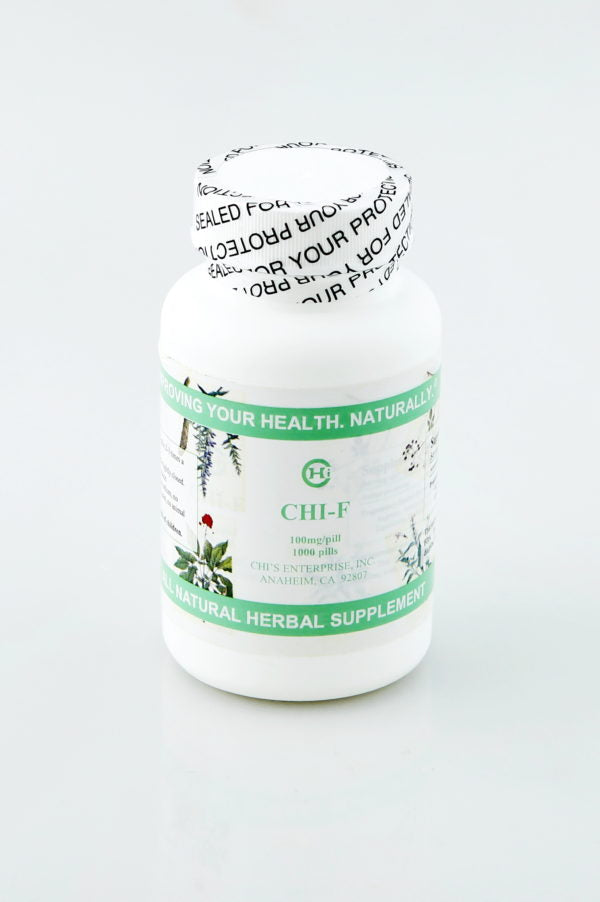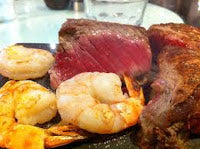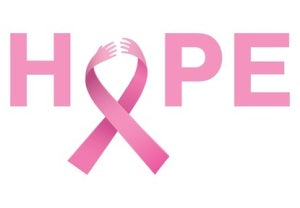Cart
0
In recent years, we’ve heard much about the health benefits of extra virgin olive oil (EVOO). Olive oil consists mainly of monounsaturated fatty acids (MUFAs), healthy fats that may help lower your risk of heart disease, lower levels of LDL (“bad”) cholesterol, and even help control blood sugar and insulin levels. [1] These healthy MUFAs are used to produce natural anti-inflammatories in the body. Phenols occur naturally in EVOO and are potent anti-inflammatory agents, too. One especially potent phenol found in olive is is called hydroxytyrosol, which is more powerful than green tea or even CoQ10 at quenching the free radicals that are a factor in inflammation. The phenols and oleic acid in olive oil may also slow the growth of certain cancers. [2, 3, 4] So, if you don’t already have some in the house, you might want run to the store right now to get yourself some EVOO. But WAIT! Read on before you spend your money. Chances are good that the bottle of olive oil you choose won’t contain pure extra virgin olive oil. In his book, Extra Virginity: The Sublime and Scandalous World of Olive Oil, journalist Tom Mueller uncovered a scandal that rivals the best mystery novels, yet most of us have never heard about. Mueller discovered that 70% of what’s labeled as “extra virgin olive oil” is actually adulterated, meaning it’s been diluted with cheaper oils (either lower-grade olive oils or even other oils like canola). In Europe, this problem is so widespread and has gone on for so long, that even the olive oil experts can’t distinguish a fake olive oil from a real one by taste alone. Shady “olive oil” producers have even gone so far as to mix soybean oil or sunflower oil with chlorophyll, and sell it as extra virgin olive oil. These producers supply the olive oils that are bottled by most major brands. Truth in labeling laws that are supposed to protect us from buying fake products don’t seem to be doing much in the olive oil market. It’s up to us to be informed buyers. So if you can’t tell from reading the label, how do you know which extra virgin olive oils aren’t lying about their virginity, their “oliveness,” or both? Tom Mueller’s website, Truth in Olive Oil, lists the reputable oils by country in his “ever-growing list,” Great Olive Oils of the World. http://www.truthinoliveoil.com/great-oil/ While it’s not on the Great Olive Oils of the World list, Mueller says that Costco’s Kirkland Organic brand is “acceptable,” (which is better than 70% of the EVOOs out there!) and the Corto Olive brand of EVOO (also at Costco) is “very good.” California Olive Ranch oils can also be found seasonally at Costco and is approved by the Truth in Olive Oil site as well (http://www.truthinoliveoil.com/2011/12/getting-great-oil-the-list-begins/ ). Tom Mueller wrote Extra Virginity after researching the olive oil industry for The New Yorker magazine. The article, Slippery Business, is a fascinating read in itself, and it will make you want to read his book! Happy and healthy eating to you all! ~ Lynda Reference:
- Hensrud, D. If olive oil is high in fat, why is it considered healthy? Mayo Clinic. March 26, 2011. http://www.mayoclinic.com/health/food-and-nutrition/AN01037
- Fabiani, R. et al. Oxidative DNA damage is prevented by extracts of olive oil, hydroxytyrosol, and other olive phenolic compounds in human blood mononuclear cells and HL60 cells. J Nutr. 2008 Aug; 138(8):1411-6.
- Menendez, J., et al. Oleic acid, the main monounsaturated fatty acid of olive oil, suppresses Her-2/ney (erbB-2) expression and synergistically enhances the growth inhibitory effects of trastuzumab (Herceptin) in breast cancer cells with Her-2 oncogene amplification. Ann Oncol (Mar 2005) 16(3):359-371.
- Menendez, J. and Lupu R. Mediterranean dietary traditions for the molecular treatment of human cancer: anti-oncogenic actions of the main olive oil’s monounsaturated fatty acid oleic acid (18:1n9). Curr Pharm Biotechnol. 2006 Dec;7(6):495-502.

